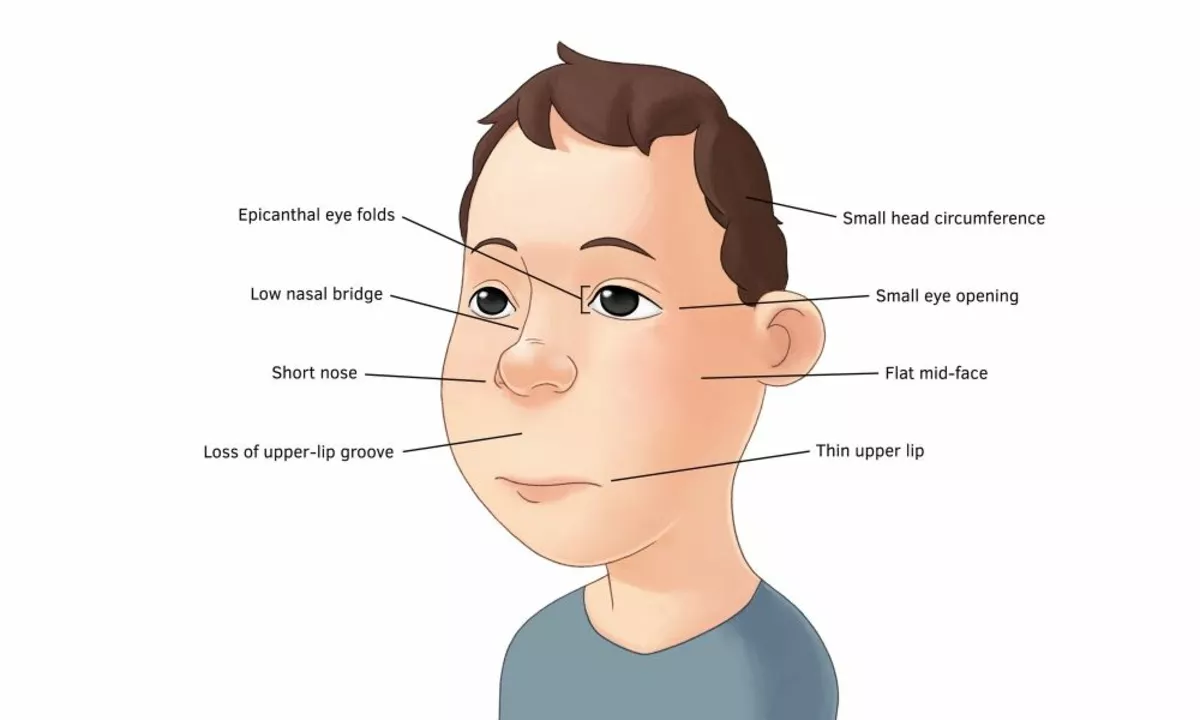Understanding Alcohol Dependence Syndrome
Before diving into the signs of alcohol dependence syndrome, it's essential to understand what it is. Alcohol dependence syndrome, also known as alcohol use disorder (AUD), is a chronic condition characterized by an individual's inability to stop or control their alcohol consumption despite the negative consequences it may have on their personal and professional life. This disorder can range from mild to severe, and recognizing the signs in a loved one is crucial for helping them seek the necessary treatment and support.
Emotional and Behavioral Changes
One of the first signs of alcohol dependence syndrome is a noticeable shift in a loved one's emotions and behaviors. This may include increased irritability, mood swings, and a general sense of unhappiness or discontent. Additionally, they may begin to withdraw from social activities and lose interest in hobbies they once enjoyed. It's essential to keep an eye out for these changes, as they can be indicative of a growing problem with alcohol.
Increased Tolerance and Consumption
As someone becomes more dependent on alcohol, their tolerance will naturally increase. This means they will need to consume more alcohol to achieve the same effects they once experienced with lesser amounts. You may notice your loved one drinking more than they used to or needing to drink more often to feel relaxed or happy. This can be a clear sign of alcohol dependence syndrome and should not be ignored.
Physical Symptoms and Health Issues
Alcohol dependence syndrome can also manifest in various physical symptoms and health problems. Some common physical signs of alcohol dependence include weight loss or gain, a yellowing of the skin or eyes (jaundice), and bloodshot eyes. Additionally, excessive alcohol consumption can lead to liver damage, gastrointestinal issues, and an increased risk of certain cancers. If your loved one is experiencing any of these symptoms, it could be a sign of a more significant issue with alcohol.
Relationship and Work-related Problems
A person struggling with alcohol dependence syndrome may experience difficulties in their relationships and work life. They may become more argumentative and less able to handle conflict or stress in a healthy manner. Additionally, alcohol dependence can lead to poor job performance, frequent absences, and even job loss. If your loved one's personal and professional life is suffering as a result of their alcohol use, it's essential to address the issue and encourage them to seek help.
Loss of Control and Inability to Stop Drinking
One of the most significant signs of alcohol dependence syndrome is an individual's inability to stop drinking, even when they want to or recognize the negative consequences of their actions. They may try to cut back or quit altogether but find themselves unable to do so. This loss of control can be incredibly frustrating and disheartening for the person experiencing it, and it's crucial to offer support and encouragement during this time.
Withdrawal Symptoms
Finally, if your loved one experiences withdrawal symptoms when they attempt to reduce or stop their alcohol consumption, it's a strong indication of alcohol dependence syndrome. Withdrawal symptoms can range from mild to severe and may include anxiety, irritability, nausea, vomiting, shaking, sweating, and even seizures. If your loved one is experiencing withdrawal symptoms, it's essential to seek professional help to ensure they can safely and effectively detox from alcohol.
Recognizing the signs of alcohol dependence syndrome in a loved one can be challenging, but it's crucial to take action if you suspect they are struggling with this disorder. Encourage them to seek professional help and offer your support throughout their recovery journey. Remember, recovery is possible, and your loved one can regain control of their life with the right treatment and support.

Harrison Dearing
May 13, 2023 AT 13:27Justice Ward
May 14, 2023 AT 05:54bhuvanesh kankani
May 15, 2023 AT 21:33maria norman
May 16, 2023 AT 23:31Iris Schaper
May 18, 2023 AT 12:51katerine rose
May 20, 2023 AT 02:25Selma Cey
May 21, 2023 AT 14:07Francis Pascoe
May 22, 2023 AT 08:17Richa Shukla
May 23, 2023 AT 05:56Chris Rowe
May 24, 2023 AT 17:39Sushmita S
May 25, 2023 AT 03:00AnneMarie Carroll
May 25, 2023 AT 22:06John K
May 27, 2023 AT 17:55Laura Anderson
May 29, 2023 AT 12:56Avis Gilmer-McAlexander
May 30, 2023 AT 19:48Jerry Erot
June 1, 2023 AT 06:14Fay naf
June 1, 2023 AT 13:13ANTHONY SANCHEZ RAMOS
June 2, 2023 AT 18:14Matt Czyzewski
June 4, 2023 AT 10:18